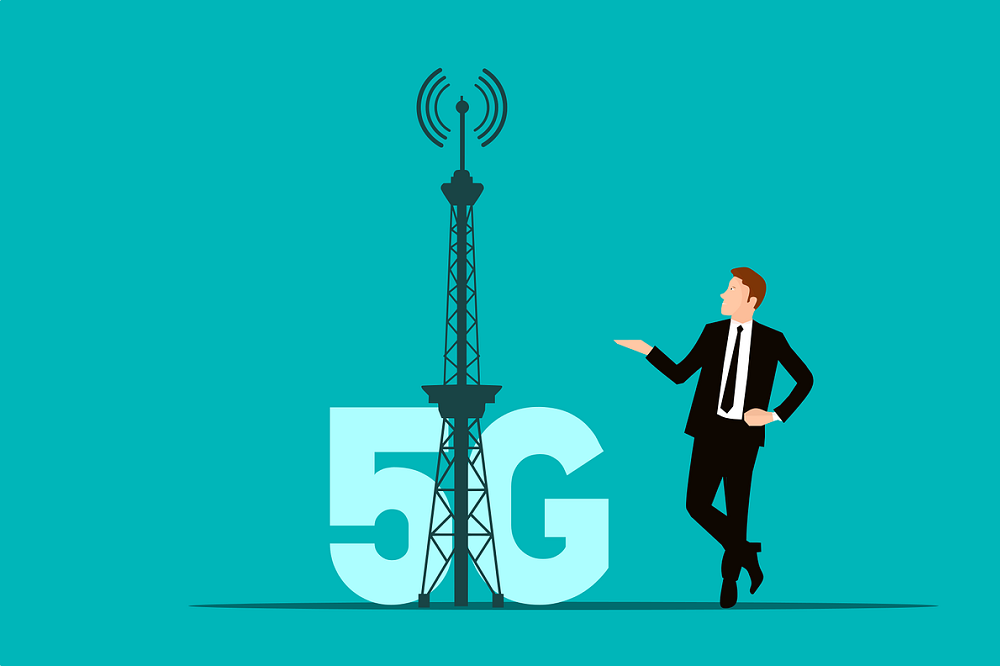5G has the potential to deliver incredible innovations — from smart cities to self-driving cars to advances in healthcare, manufacturing, and other key verticals. While 5G improves upon previous generations’ cybersecurity vulnerabilities, it also brings new risks:
5G is software-defined. The increased role of software in 5G makes it more susceptible to dynamic, software-based attacks on the software that manages the network and the network itself.
5G will accelerate IoT. Frost & Sullivan predicted there will be 67.7 billion IoT devices in service by 2025. Each of these devices represents expanding attack surfaces and potential entry points for cyber attackers to gain access to the network and its connected devices.



